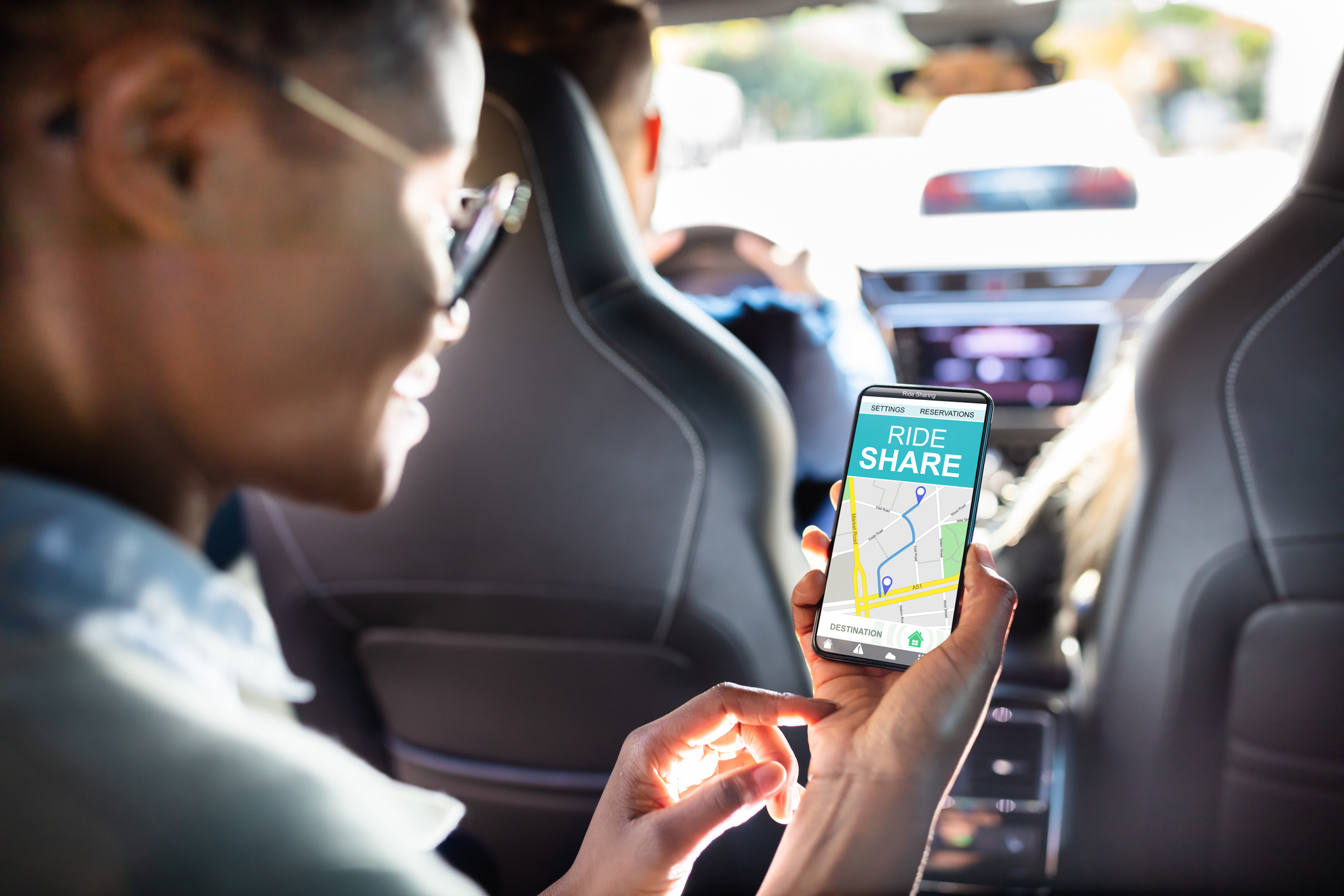Ride-sharing services like Uber and Lyft have become an everyday convenience. You click a button, hop in a car, and you’re off to your destination. But with this convenience has come a growing concern: as the services increase in popularity, ride-share accidents are becoming more common.
Many people aren’t sure what to do when they’re injured during an accident when they aren’t driving. The legal landscape isn’t always easy to navigate, especially when you’re trying to recover physically and emotionally. If you’ve been in a ride-share accident, whether as a passenger, pedestrian, or even another driver, knowing your rights can make all the difference.
Why Ride-share Accidents Are on the Rise: More Cars, More Drivers, More Risks
The sheer number of vehicles on the road connected to ride-sharing platforms has exploded over the past few years. With more drivers on the clock trying to make ends meet, there’s naturally a higher chance of accidents occurring. Many of these drivers don’t have professional driving experience, and even though ride-share companies do some screening, it’s nowhere near as strict as what commercial drivers go through, as there is no special type of license required.
What Makes Ride-share Accidents Legally Complicated
Ride-share companies classify their drivers as independent contractors, not employees. That legal distinction matters a lot. It means the companies try to shield themselves from liability by claiming the driver, not the company, is responsible for what happens behind the wheel. So, if you’re injured, you’re not automatically dealing with Uber or Lyft directly. You’re first dealing with a private individual who might not have deep pockets or the right insurance coverage.
Insurance Gaps and Confusion
Ride-share companies do offer insurance, but it only kicks in under certain circumstances. There are actually three different “periods” of coverage. If the app is off, the driver’s personal insurance is the only policy that applies. If the app is on and the driver is waiting for a ride request, the company offers limited coverage. Full coverage only activates once a ride has been accepted or is in progress. That creates a lot of gray area, especially if you’re involved in a crash that happens while a driver is between rides.
Who Is Liable in a Ride-share Accident?
As with any motor vehicle accident, the first step is figuring out who was at fault. Was the ride-share driver speeding? Was another driver texting and swerving into your lane? Fault plays a major role in how compensation is handled, but proving it can get messy. Ride-share companies are quick to distance themselves from liability, and personal insurance providers may deny claims if they learn the driver was operating commercially without the right policy.
Passengers Have Strong Claims
If you were a passenger during a ride-share accident, you likely have a strong case for compensation. You weren’t in control of any vehicle, and it’s extremely rare for a passenger to be found at fault. The challenge is usually identifying which insurance policy will cover your injuries. Sometimes, it’s the ride-share company’s, sometimes it’s the driver’s, and occasionally, it might involve another driver entirely.
Legal Options for Victims
Whether you’re a passenger, pedestrian, or another driver, filing a personal injury claim is typically your best path to recovery, as a claim payout can cover medical bills, lost wages, pain and suffering, and more. A personal injury attorney who has handled ride-share cases can help you gather evidence, file paperwork, and negotiate with insurers.
Dealing With Insurance Companies
Insurers don’t make it easy to make a claim, especially when ride-sharing is involved. They might try to settle quickly for a small amount or deny your claim altogether by pointing fingers. That’s why documentation is so important. Get a police report, take photos at the scene, and get medical care right away. Anything you can do to build a clear timeline will help you fight back if the insurance companies push back.
Medical Expenses and Recovery Costs
If you’ve been hurt in a ride-share accident, your medical bills can pile up fast. From ambulance rides to surgery and physical therapy, all of it should be covered by the at-fault party’s insurance. You can also be compensated for future medical costs if your injuries have long-term effects.
Lost Wages and Impact on Work
Being injured might mean you can’t work, or maybe you’re not able to return to your job in the same capacity. Lost wages are a big part of most ride-share accident claims, and you may also be compensated for reduced earning capacity if your injuries affect your career permanently.
Pain, Suffering, and Emotional Distress
Not all damages are economic. If your accident has caused lasting emotional trauma, anxiety, or even PTSD, the law recognizes those losses, as well. Emotional damages are harder to quantify, but a skilled attorney will know how to present your story and ensure you’re compensated for the invisible injuries.
Consult an Attorney Early
If you or someone you know has been hurt, the most important thing is to act quickly. The earlier you get legal advice, the better. A consultation with a personal injury lawyer can give you a roadmap and help you avoid missteps.
Know your rights, gather evidence, and don’t be afraid to ask for help. The legal system can be confusing, but you don’t have to face it alone. With the right support, you can get the compensation you deserve and focus on what really matters: recovery and moving forward. Call Jarrett & Price, LLC today at (855) 909-3021 to schedule a free consultation with our team.



